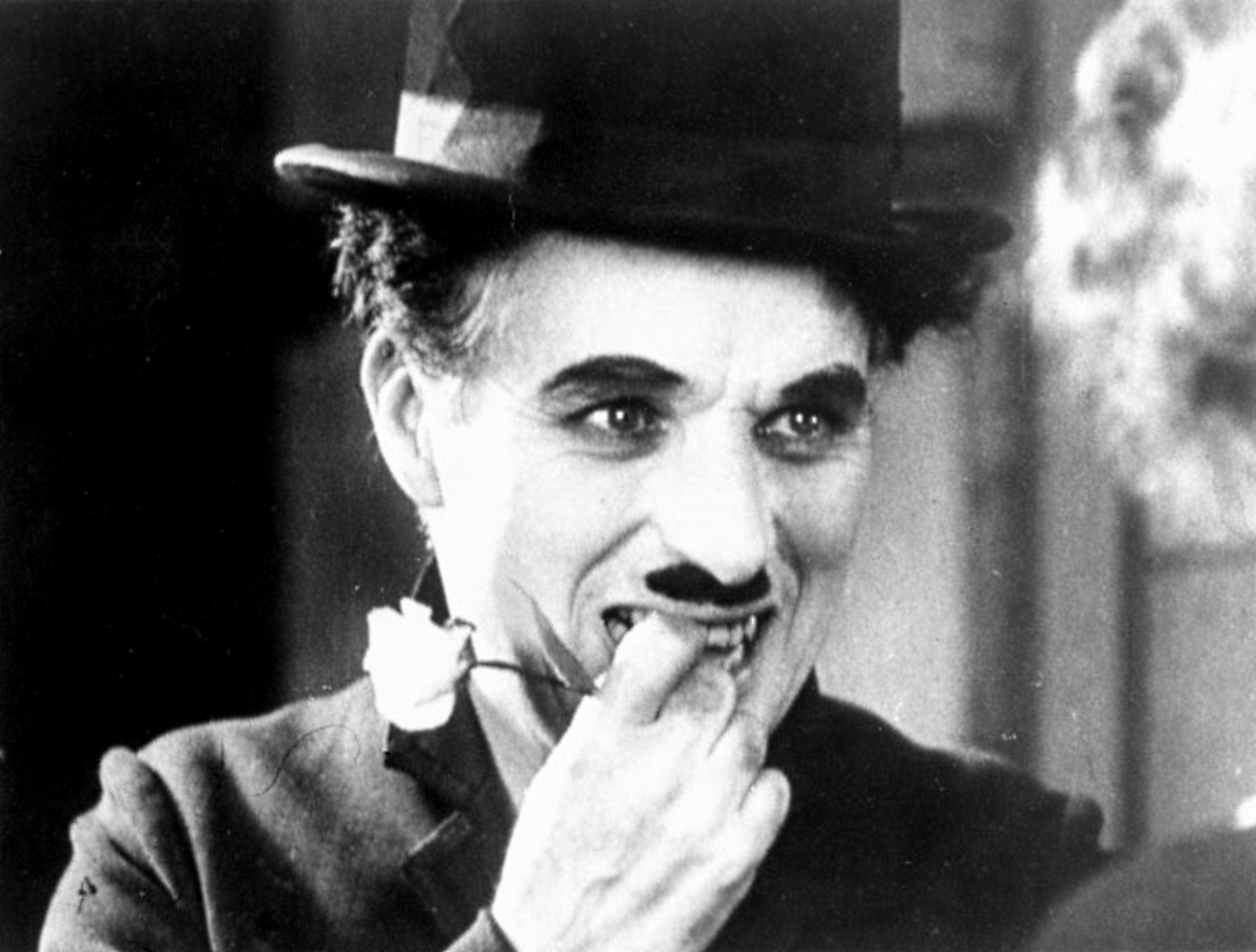Depressing
Jesse Walker is near or at the end of his movie lists, since he's now doing 1931. By this year, Hollywood had firmly made the transition to sound and we're starting to establish new stars, but what's fun is they haven't figured out all the cliches yet, so you get some weird stuff too. (Profits were also dropping considerably due to the Depression.) Meanwhile, there was some interesting work going on in Europe.
Right off the bat I figured he wouldn't list Cimarron. It won the Oscar then, but not too many people think time has treated it well. So what did he pick?
1. Bimbo's Initiation
2. Monkey Business
3. M
4. Le Million
5. La Chienne
6. Frankenstein
7. À Nous la Liberté
8. The Smiling Lieutenant
9. The Threepenny Opera
10. Night Nurse
I have two quibbles. First, and Jesse knows this already, I don't see the point in putting shorts on these lists. As much as I love Fleischer's Bimbo cartoons, they're just not the same thing as a feature. Second, once you add shorts, you open up the floodgates. In addition to Fleischer, you've got Disney putting out a new short every two weeks, most of which are pretty cool, not to mention a new Laurel & Hardy almost every month (including Beau Hunks--practically a feature--not to mention Pardon Us, an actual feature).
My other quibble, which I'll get into later, is what's missing. As for the films, I like them all.
Monkey Business. What can I say? The Marx Brothers made five films in five years for Paramount, and all of them are among the greatest comedies ever.
M may be Lang's greatest. Some find Clair a little precious, but at his best, such as in Le Million and A Nous La Liberte, he's quite charmikng. La Chienne shows Renoir, even in the early days of sound, is something special. (On Purge Bebe is also fascinating to see him making a purely commercial work.)
There's nothing quite like the early Universal horror titles, such as Frankenstein, and James Whale was their greatest stylist. There's also nothing like the early Lubitsch musicals, such as The Smiling Lieutenant (though I often wish they had better tunes). Speaking of musicals, there's also The Threepenny Opera, which may not be up to Pabst's best silent films, but still hold sup.
And Night Nurse is one of those pre-Code Warner Brothers films that's so delirious that sometimes your can't believe your eyes.
Unfortunately (and oddly, seems to me), Jesse doesn't have a full list for honorable mentions, but notes Platinum Blonde and another Flescher cartoon. He also hasn't seen The Criminal Code, which I'm definitely a fan of.
But there are plenty of features he might consider. He doesn't have to like every one, but what about:
Blonde Crazy
Caught Plastered
Cracked Nuts
Dishonored
Dr. Jekyll and Mr. Hyde
Dracula (English and Spanish version)
Flying High
The Front Page
Little Caesar
The Maltese Falcon (dry run for the 1941 version)
The Public Enemy
On top of all these choices, there are two that should definitely make the list.
There's Tabu, the last film Murnau made before dying in a car crash.
Then there's one of the greatest films ever, the one that should probably top the list. Jesse knows what I'm about to write, and I know why he didn't put it up there. It's Chaplin's City Lights. He was still making silent films in 1931, and it's as great as anything he ever did. Yes, it's got sentimental scenes, but they're handled well, and, more important, most of it is hilarious. For some reason, Jesse is one of those people who doesn't quite cotton to Chaplin. I realize these people exist, but I don't get it.
Other films of note: An American Tragedy, Arrowsmith, The Champ, Connecticut Yankee, Delicious, Dirigible, Dreyfus, Five Star Final, A Free Soul, The Guardsman, Marius, Mata Hari, The Miracle Woman, Parlor, Bedroom and Bath, Private Lives, Sidewalks of New York, The Sin of Madelon Claudet, Skippy, Strictly Dishonorable, Susan Lenox, Svengali, Trader Horn




6 Comments:
Yes, we'll have to agree to disagree about City Lights. And about Tabu, for that matter, which I don't think is as good as Murnau's earlier work.
Funny thing about the two Draculas: If you could combine them -- if you could somehow drop Bela Lugosi's performance into the middle of the Spanish version -- then the resulting movie would be near the top of my list. But in their current forms, I don't think either one would make my theoretical list of honorable mentions: I like them, warts and all, but they're both missing something significant.
So what's the system here? The year-end for each decade? Will we start with 2002 now and work backwards?
Rather than name a top ten list for the year, as so many do, Jesse figures he hasn't seen enough recent films yet, so instead he goes back decade by decade to pick top tens from the past.
A year from now he'll go over years ending in 2.
And since the first year I did this was 2002, that means I'll finally be posting my long-delayed top 10 list for that year.
Perhaps then you can put all your top ten lists in one place and in chronological order.
Well, the first year I did this I stopped moving backward much earlier (in 1962); and I used to be much more sparing with the honorable mentions; and there's a bunch of movies I've seen in the last 10 years that I'd like to insert into the lists. (My old 1982 list feels naked without FANNY AND ALEXANDER in it.) And there's a few films that I've watched again and found that I either liked better or liked less than the last time I'd seen them. So I'll find ways to keep the feature plodding along for a while.
Post a Comment
<< Home